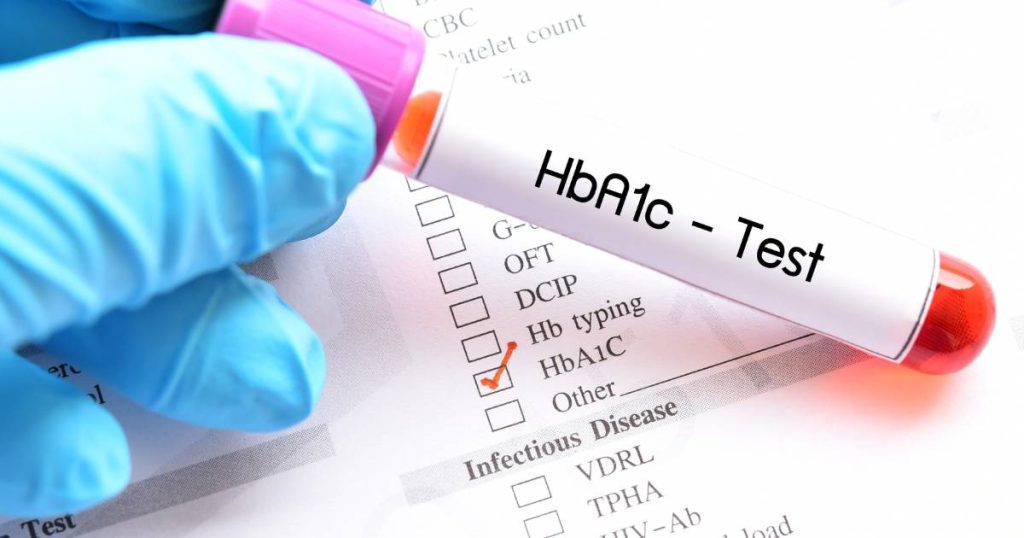Wondering what HbA1c is and why it’s important for your health? Let’s dive into the world of glycated hemoglobin, commonly known as HbA1c, and explore its significance .
What is HbA1c? HbA1c is a blood test that measures the average blood sugar levels over the past 2-3 months. It’s a crucial indicator for managing diabetes and understanding how well you’ve been controlling your blood sugar.
Why is it important? Maintaining a healthy HbA1c level is essential for individuals with diabetes to prevent complications. The test provides valuable insights into long-term blood sugar control, helping healthcare professionals tailor treatment plans for better management.
Interpreting HbA1c Levels:
- Normal Range (Non-Diabetic): Below 42 mmol/mol (6.0%)
- Prediabetes Range: 42-47 mmol/mol (6.0-6.4%)
- Diabetes Range: 48 mmol/mol (6.5%) or higher
Getting Tested: If you have diabetes, your healthcare team will regularly monitor your HbA1c levels. The test is typically done every 3-6 months, but your healthcare provider will determine the frequency based on your individual needs.
Working Together: Understanding your HbA1c levels empowers you and your healthcare team to make informed decisions. Collaborate with your doctor and diabetes care team to set realistic goals and make adjustments to your lifestyle, medications, or insulin regimen as needed.
Tips for Better Control:
- Balanced Diet: Focus on a well-rounded, nutritious diet.
- Regular Exercise: Stay active to help manage blood sugar levels.
- Medication Adherence: Take prescribed medications as directed.
- Regular Monitoring: Keep track of your blood sugar levels at home.
Resources for Support: The UK offers various resources for diabetes support, including local diabetes associations, online communities, and educational programs. Don’t hesitate to reach out for guidance and connect with others who share similar experiences.
Remember, managing diabetes is a team effort! Regular HbA1c checks, coupled with a proactive approach to your health, can make a significant difference. Stay informed, stay healthy!
Disclaimer: This post is for informational purposes only and not a substitute for professional medical advice. Always consult with your healthcare provider for personalized guidance.
